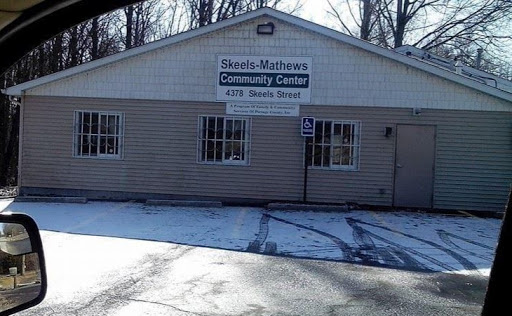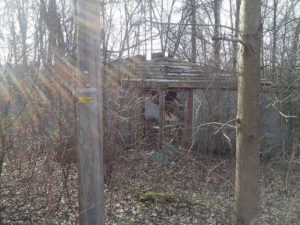“If there is no struggle, there is no progress.” (Frederick Douglass) The struggle for people of color across the globe has been a long and continuously fought journey. Today, we highlight one particular struggle that was courageously fought to give predominantly Black communities in Ravenna basic access to water, sewer, electricity, paved roads, and street lights. We are talking about the communities of Skeels and McElrath. At one time, the U.S. Department of Housing & Urban Development rated Skeels and McElrath as the 3rd worst rural ghettos in the United States.
In the 1950s, the land in these areas was considerably cheap. Some lots of land were offered as door prizes at a Cleveland Movie Theatre as an advertising gimmick. News of the availability of land quickly gained the attention of Blacks in local inner cities. Those seeking a new home felt that this area would be an escape from the overcrowded cities. However, new residents would face major adversities. But again, “without struggle there is no progress.”
Deseree Mitchell-Liddell, became a longtime resident in the Skeels community and she understood the sentiment of struggle. Like many Black women throughout history, she put the burdens of her community on her back and fought for change. In the 1960s, she organized other residents and started demanding improvement of living conditions. She pressed the Ravenna Township trustees and commissioners to support their struggle. When the people’s calls were not answered, she began to contribute in creating and bringing much needed services to the community. In her own home, she began a youth program and senior citizen club. She would later move these programs into the future Skeels community centers.
The first Skeels community center was built on Arbeco Street. It was a one room structure without plumbing and windows, the absence of a furnace heater, and only one door, but it contained a whole lot of love, perseverance, and commitment. That love, commitment, and perseverance is what is characteristic of Black resilience. And those characteristics were established in both the Skeels and McElrath communities. Today, the progress of both communities can be measured by the elaborate structures of community centers that have multiple rooms which includes large kitchens, computer labs, and children’s areas. Instead, we measure it in the lives that have been impacted for the better and always remember those that held us on our shoulders through the struggle.






